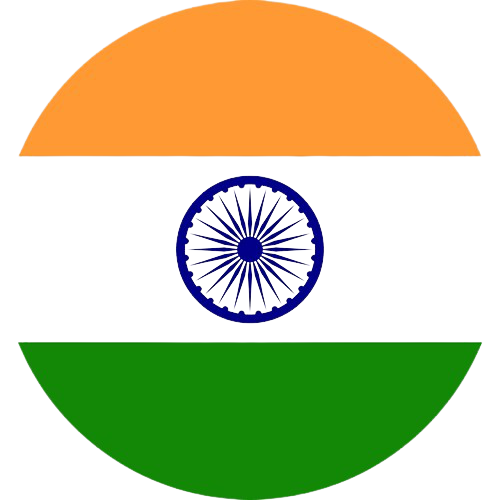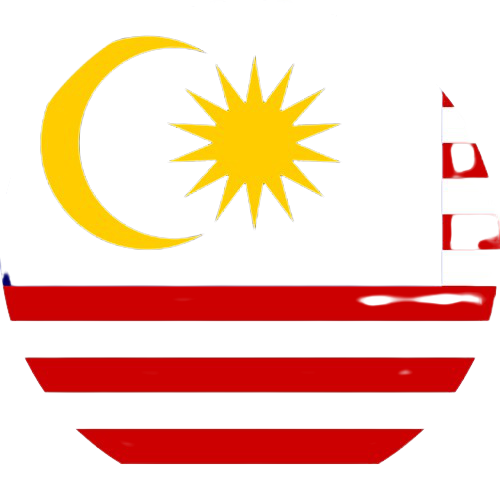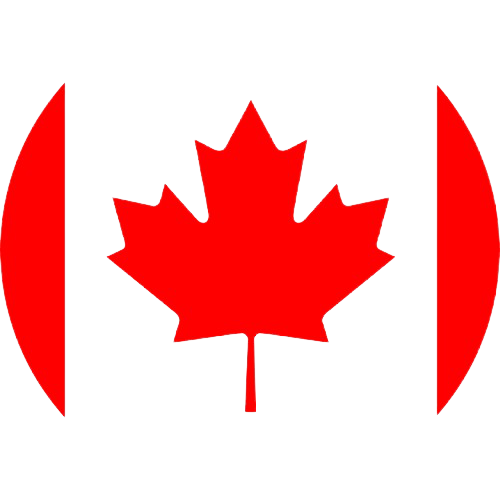Equal Opportunity Advocacy Council
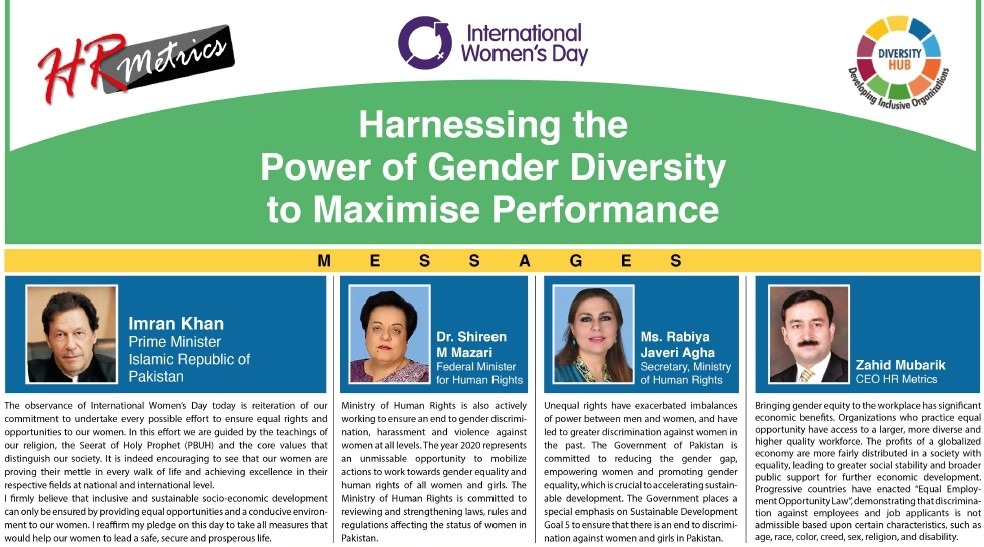
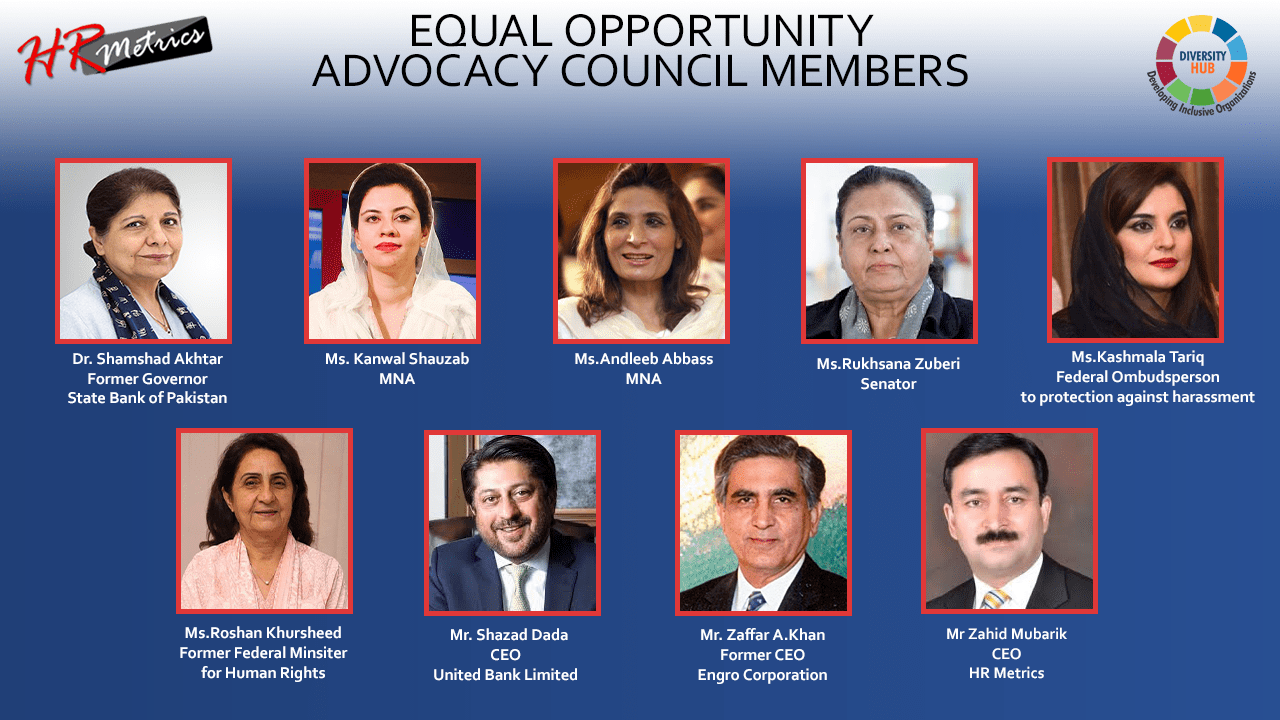
EOCAC Mission
Our mission is to lobby legislators to enact Equal Opportunity Commission in Pakistan, to act as a regulatory body for implementing article 27 of Pakistan’s Constitution; to give equitable representation to marginalized & underrepresented communities in mainstream economy.
Why Equal Opportunity
No society is free from discrimination. Indeed, discrimination in employment is a universal and permanently evolving phenomenon. Millions of people around the world are denied access to jobs, growth, receive low wages or are restricted to certain occupations simply based on their sex, skin color, ethnicity or beliefs, without regard to their capabilities and skills. Even in developed countries, for example, women workers still earn between 20 and 25 per cent less than male colleagues performing equal work or work of equal value.
On 25 September 2015, 193 countries of the United Nations adopted the “2030 Agenda containing 17 Sustainable Development Goals (SDGs) with 169 targets. It expands the integration of environmental, social, and economic policies and raises the bar on the role that all types and sizes of organizations in various sectors should play in supporting the global sustainable development agenda. It mentions and supports workplace D&I and describes People, Planet, Prosperity, Peace, and Partnership as its focus.
ILO standards on equal opportunity prohibit discrimination in all aspects of work in society. Freedom from discrimination is a fundamental human right and is essential for workers to be able to choose their employment freely, develop their potential to the full and reap economic rewards based on merit.
Economic and Social Benefits of Equal Opportunity
Bringing equity to the workplace also has significant economic benefits. Employers who practice equal opportunity have access to a larger, more diverse and higher quality workforce. Workers who embrace equal opportunities have greater access to training and often receive higher wages. The profits of a globalized economy are more fairly distributed in a society with equality, leading to greater social stability and broader public support for further economic development. Equal opportunity practices help individuals feel they are being treated fairly and equally, which can increase an individual’s level of commitment, satisfaction, and loyalty to their employer.

A Reflection from Other Countries
Various countries have enacted “Equal Employment Opportunity Law”, which demonstrate government policy that requires that employers do not discriminate against employees and job applicants based upon certain characteristics, such as age, race, color, creed, sex, religion, and disability. Here are few examples
Article 27 (1) clearly states: “Safeguard against discrimination in services. (1) No citizen otherwise qualified for appointment in the service of Pakistan shall be discriminated against in respect of any such appointment on the ground only of race, religion, caste, sex, residence or place of birth.”
Progressive countries realize the benefits of equal opportunity and therefore have “Measurable Framework” to monitor implementation of equal opportunity law. For example, in USA, The Equal Employment Opportunity Commission (EEOC) is responsible for monitoring and enforcing federal laws that make it illegal to discriminate against an employee because of the person’s race, color, religion, sex (including pregnancy, gender, and sexual orientation), national origin, age, disability or genetic information. EEOC maintains an accurate reporting and compliance framework for EEO law.
Equal Opportunity Advocacy Council
Diversity Hub is forming a Equal Opportunity Advocacy Council (EOAC). It will comprise of highly accomplished/credible legislators, policy makers, society influencers, having a passion and integrity to lead this transformational initiative. EOAC members may come from any political party or faith but willing to collaborate with each other without any bias. Following is the initial composition of EOAC however it may expand as per requirement.
- Shamshad Akhtar, Former Governor State Bank of Pakistan (Council Chair)
- Kanwal Shauzab, Parliamentary Secretary for Planning, Dev and Reforms
- Andleeb Abbas, Parliamentary Secretary for Foreign Affairs
- Rukhsana Zuberi, Senator
- Kashmala Tariq, Federal Ombudsperson for Protection against Harassment
- Roshan Khursheed Bharucha, Former Federal Minister for Human Rights
- Shazad Dada: CEO United Bank Limited
- Zaffar A. Khan, Former CEO Engro Corporation
- Malik Arif Hayat, Lt Gen Retired
- Zahid Mubarik: CEO HR Metrics
Objectives of EOCAC
Analyze the strategic need of diversity & inclusion for economic growth of Pakistan.
Discuss the implementation framework of Article 27 of Pakistan’s Constitution.
Review contents of “Equal Opportunity Commission” proposal.
Use influence to register EOC proposal with speaker National Assembly and lobby for approval.
EOC once approved, will be expected to develop affirmative action guidelines to include marginalized/underrepresented communities in mainstream economy.
Diversity Hub Pakistan
Diversity Hub is a Centre of expertise in HR Metrics. Its mission is to help organizations become sustainable by using Global Diversity & Inclusion Benchmarks. The Hub reviews emerging global best practices, carry out local research to understand industry need; analyze data, produce research reports and design bespoke solutions to facilitate customized application for desired outcomes.

